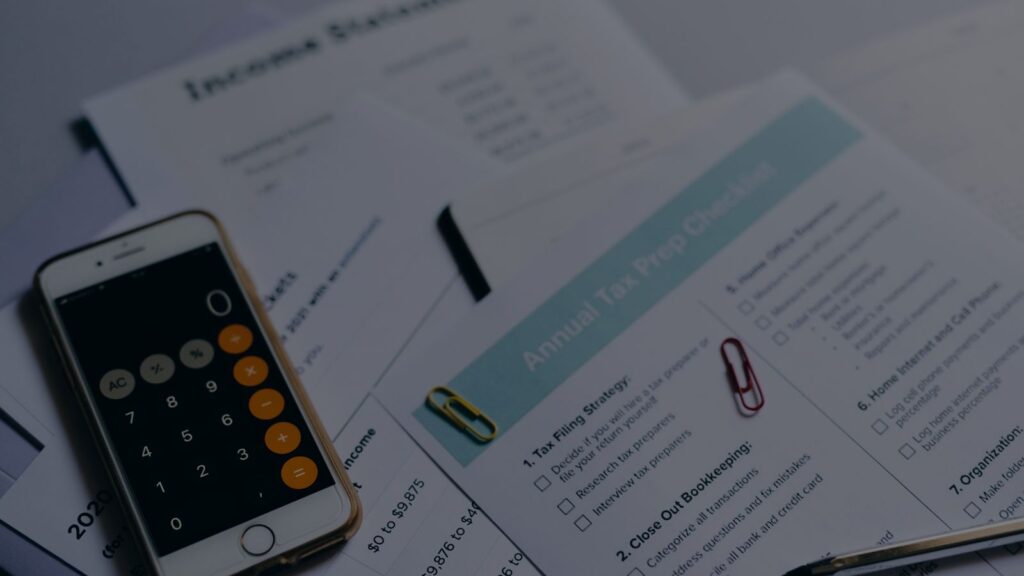What is a 1099-K Style Sales Tax Audit?
A 1099-K style sales tax audit simply applies sales tax to your gross revenue number. This is one of the worst ways to undergo a sales tax audit.
You might pay double the tax and/or even pay tax on non-taxable items that you sold.
Transcript
Q&A Overview
Question:
“What’s a 1099-K audit? I was told that if I don’t produce the documents for a sales tax audit, that they’re going to do a 1099-K audit.”
Breaking Down the Situation
There are two issues here:
-
The person is going through a sales and use tax audit.
-
There is involvement of a 1099-K form.
Sales and Use Tax Audit
This audit checks whether you’ve paid the correct amount of sales tax on all your sales.
What is a 1099-K?
-
A 1099-K is a statement from your merchant services provider (e.g., Bank of America).
-
It summarizes all your sales for a given year.
Why 1099-K Audits Are Problematic

1. Flawed Reporting
The 1099-K does not account for returns or non-taxable items.
-
If you had $1,000,000 in gross sales and the sales tax rate is 9%, then:
-
You’re assumed to owe $90,000 in sales tax
-
Returns and non-taxable items are not deducted
-
2. Risk of Paying Tax on Non-Taxable Items
For example, if you’re a restaurant owner, fees like:
-
Parking charges
-
Tips paid separately
are not taxable, but still counted in a 1099-K audit.
What Happens If You Don’t Provide Records?
The sales tax department (comptroller or department of revenue) will assume the worst.
If you don’t submit:
-
Documents
-
Books
-
Records
they may:
-
Apply sales tax to your entire 1099-K amount
-
Add penalties and interest
-
Charge you for the full amount of tax possible
Final Advice
Avoid a 1099-K audit at all costs.
It’s in your best interest to:
-
Fully cooperate with sales tax audits
-
Always submit proper documentation to avoid assumptions based on gross numbers
Frequently Asked Questions
What is a 1099-K style sales tax audit?
A 1099-K style sales tax audit is when the tax authority applies sales tax to your total gross sales as reported on your 1099-K form, without accounting for deductions like returns or non-taxable items. This can lead to inflated tax liabilities.
Why is a 1099-K audit considered risky for businesses?
It’s risky because the 1099-K only shows gross sales and does not exclude refunds, exempt sales, or non-taxable items. This often leads to businesses paying tax on revenue that shouldn’t be taxed, resulting in overpayment.
What happens if I don’t provide records during a sales tax audit?
If you fail to provide adequate documentation, the tax authority will likely assume the worst-case scenario. They may apply sales tax to your entire gross sales figure from the 1099-K and add penalties and interest, which can significantly increase your tax liability.
How can I avoid a 1099-K audit?
The best way to avoid a 1099-K audit is to fully cooperate during sales tax audits and maintain organized, complete records. Providing accurate documentation ensures the audit reflects your actual taxable sales, not inflated figures from your gross revenue.
Are all the sales on a 1099-K subject to sales tax?
No, not all 1099-K reported sales are subject to sales tax. Items like tips, parking fees, or other non-taxable sales might still appear on your 1099-K, but they shouldn’t be taxed if properly documented and excluded during the audit process.

